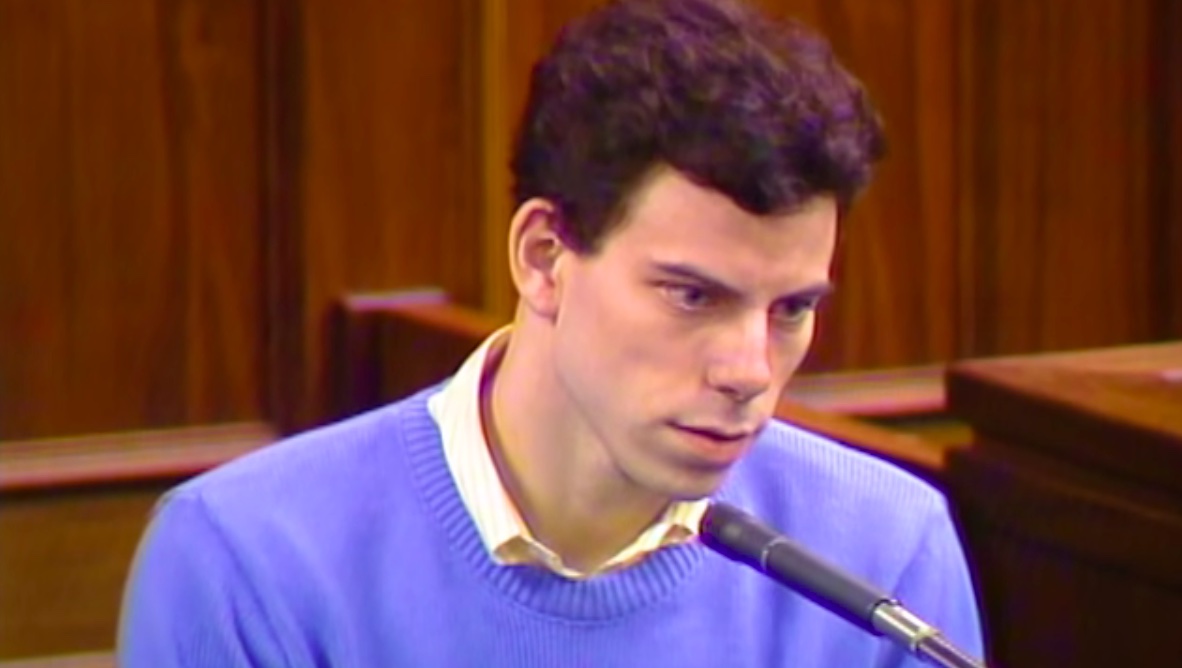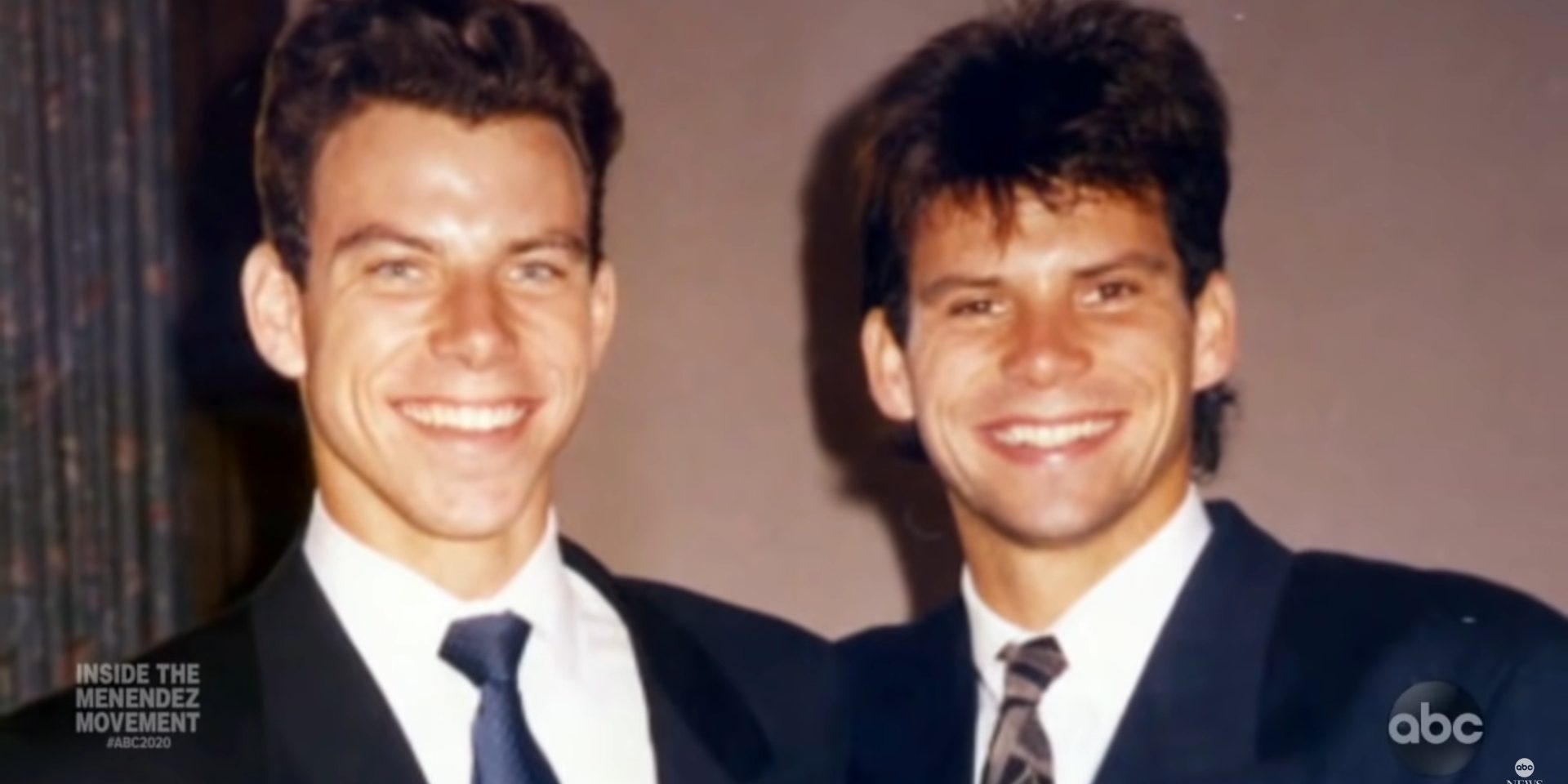What makes a person kill their parents? What goes on in a person’s mind when they riddle the bodies of their parents with buckshot, reloading it when they have run out? It is questions like these that Netflix’s ‘Monsters: The Lyle and Erik Menendez Story’ raises as it unfolds the story of the eponymous brothers. While it is clear that they did kill their parents, the question that plagues everyone is why they did it. The defense and the prosecution present their own version of events based on the testimonies of different people, and yet, even after all these years, the answer eludes us. Due to the ambiguity surrounding it, one of the questions that has been raised over the years is whether the brothers have anything in common with psychopathic serial killers or have something else along the same lines. The answer is not so simple.
Jerome Oziel Said the Brothers Identified Themselves as Sociopaths

Before we dive into the possible answers to the questions, it must be clarified that there has been no official psychological analysis of the brothers to claim that they have sociopathic or psychopathic tendencies. The word “sociopath” was first used to describe them by Dr. Jerome Oziel, the therapist they’d been seeing for a while and the one that Erik confessed to about the murders. Oziel, who had recorded his sessions with the brothers, testified in court that during one of their sessions, he explained to the brothers the difference between a crime of passion, which happens in the heat of the moment and hence isn’t premeditated, and a crime that has received more thought. He told the brothers that the second type was a sociopathic crime, meant to achieve something by killing someone. This is when, according to Oziel, the brothers “looked at each other and said: We’re sociopaths.”
While they might have said it, it doesn’t mean that this was an analysis of their psyche, which means that they couldn’t be labeled as such. The judge recognized this fact and decided to rule the comment with the word sociopath inadmissible, as he thought that the word was too loaded for the jury and would incorrectly influence their decision. Instead, the judge allowed Oziel to testify about the brothers describing their plans for the murder. To this, he testified that the brothers told him they “get turned on with planning the murder” and that once they’d planned it, “nothing gets in the way.” These things allowed the prosecution to present the Menendez brothers as cold-blooded killers who had carefully planned their parents’ murders. The defense argued otherwise.
The Defense Testimony Painted a Different Picture

The defense of the Menendez brothers rested on their claim that they were abused by their father and killed him and their mother to save themselves. The defense brought in their own psychologists to have the brothers evaluated and testify in court to give more weight to their allegations. One of the doctors to testify on the matter was a psychology professor from Cleveland State University, named John P. Wilson. Having evaluated Erik, Wilson testified that the defendant had symptoms of chronic PTSD and that he suffered from a type of battered person syndrome, which is the result of being abused by a person close to you.
Another expert to testify on behalf of the defense was University of Pennsylvania professor Ann Burgess. She testified that she had spent 50 hours interviewing Erik and had also gone through all his testimonies and other reports. At the end of her analysis, she came to the conclusion that Erik showed all the signs and patterns of suffering prolonged sexual abuse. Burgess believed that the abuse over all these years had rewired his brain such that if there was even one sign of violence, his brain would jump into action to protect him. She testified that it was this “automatic behavior” that led the brothers to “spring into action” when they thought they were in danger.
While the testimony of two over one might seem to hold value, it must be noted that the judge instructed the jury that Burgess’ testimony couldn’t be considered a “gospel” because her analysis could have been biased because she only went through the material that the defense provided her with. Hence, they would have to disregard her theories just like they couldn’t factor in Oziel’s use of the word “sociopath.” The lack of clarity on the matter has persisted over the years as the Menendez brothers stick to their claims of abuse while being in prison because the prosecution convinced the jury otherwise. Neither side has relented to the other’s explanation, and since the conclusion of the trial, there has been no official psychological analysis of the brothers to approve or disprove either side.
Read More: Are Erik and Lyle Menendez Gay or Bisexual?


You must be logged in to post a comment.